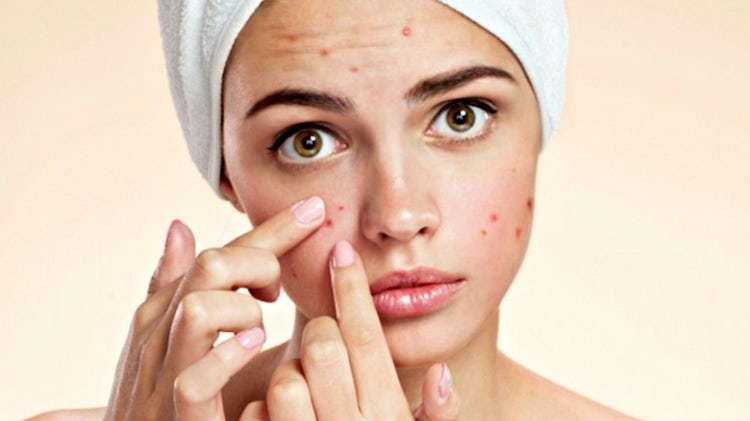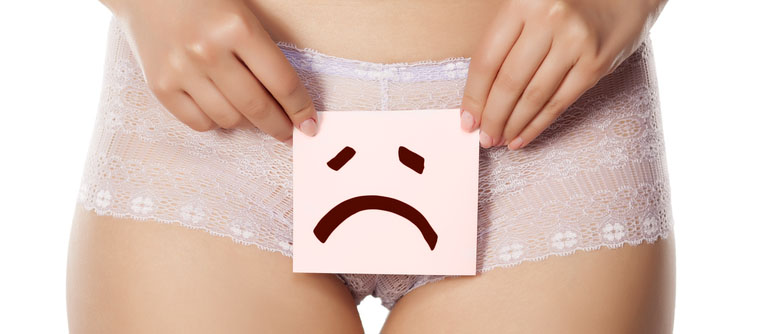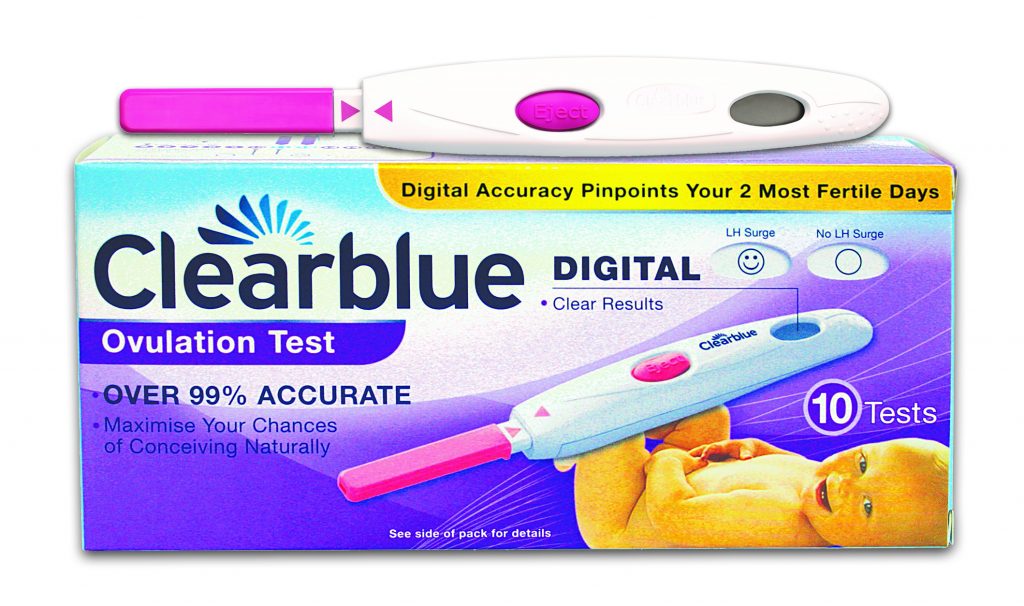Bloating, fatigue, mood swings, trouble in concentrating, infertility – these are just a few symptoms of hormone imbalance. Hormone imbalance can weaken and makes you constantly fatigue. As women, it is important to maintain hormonal balance for a healthy and cancer-free body. Hormone fluctuations occur naturally in puberty, perimenopause and menopause, which means we cannot avoid them. However, imbalanced hormones may also be caused by unhealthy lifestyles, medications or toxins. If you don’t want to experience period pains, acne, sore breasts and the like every month, you should start taking care of your hormones and body. Here are 6 signs of hormonal imbalance you should watch out for.
Table of Contents
Irregular Periods
Usually, menstruation occurs every month and the cycle remains the same. If yours doesn’t arrive around the same time every month or you skip some months, it could be mean that you have too much or too little estrogen and progesterone hormones. These hormones are vital for women and they start to decrease in number as we age. If this situation happens in your 40s or early 50s, it could be a sign of perimenopause. But if it happens in your early 20s, there is something wrong with your hormones. Irregular menstruation also can be a symptom of health problems but if you are in the pink of health, then the main answer is hormonal imbalance. You should seek your doctor for more clarification.
Tummy Trouble
The estrogen and progesterone hormone levels change throughout the course of a woman’s monthly menstrual cycle. The cells lining of the gastrointestinal tract have receptors for both of these hormones and when there is a change in the level of hormones, they impact the function of the gastrointestinal system. Hence, women often experience abdominal pain, bloating, diarrhoea, constipation, vomiting and nausea before or during menstruation. If you are experiencing these along with mood changes and fatigue before or during menstruation, it might be likely a sign that your hormones are imbalanced.
Constant Fatigue
Everyone experiencing fatigue but constantly fatigue even when you do nothing is something else. Fatigue is a common symptom of imbalanced hormones. Low levels of progesterone can make it hard to sleep and too much of it can make you more tired than usual. Low levels of thyroid is a another common cause of fatigue that is easily diagnosed with a blood test. If your thyroid level is low, you can take prescription medication to bring your levels back up to normal. You should practice good sleep hygiene and avoid drinking alcohol as well as caffeine 1-2 hours before going to bed. Another way to help you go through this is by going to bed and wake at the same time every day, make it as a habit so that your body is well-adjusted to your routine.
Changes In Appetite
Have you noticed how women’s moods can change out of sudden? A while ago they could be happy and suddenly they become sad. A decrease in estrogen level during menstruation may trigger these mood changes. When it happens, some women seek for comfort foods that are high in fat, calories, sugar and salt in order to make them feel better. But the truth is, eating these unhealthy foods can backfire and make them feel even worse. This is because sodium increases water retention and bloating while sugar, excess fat and calories will add up your weight. Imbalance hormone inhibits hunger but you need to combat this problem by adopting a healthy diet. It’s okay to eat comfort foods but make sure in moderate portion. Fruits and vegetables help prevent period pain and encourage healthy blood sugar levels and weight loss.
Chronic Acne
One or two pimples popping out during or before your menstruation is pretty normal but if the acne remains the same on your face for days or maybe months, it could be a symptom of hormone problems. An excess of hormone called androgens can cause your oil glands to overwork. It affects the skin cells in and around your hair follicles. It is the reason why your pores clogged and lead to acne. Observe the changes on your face and if acne stays long on your face, you need to do something to curb the hormone imbalance problem.
Discomfort In The Vaginal Area
The decrease of numbers of estrogen during perimenopause or after menopause may lead to vaginal dryness. Vaginal dryness makes the wall of the vagina thinner. Once you are having this problem, it can be painful to have sex. When this happens, a doctor may prescribe synthetic hormones to combat these symptoms that are related to menopause. It is vital for you to take progesterone together with estrogen but some women are not advised to take it due to some medical conditions such as heart attack, stroke, blood clots, gall bladder issue, breast cancer and endometrial cancer. For this such cases, a doctor may suggest hormone therapy but expect some side effects.
Detecting Ovulation Through Hormonal Changes
The Luteinising Hormone (LH) levels in a woman’s body rises approximately 24 to 36 hours before ovulation. Clearblue Digital Ovulation Test monitors the changes in the LH levels, which allows a woman to capitalise on this ovulation period. By identifying your fertile days before ovulation, you can plan ahead with your partner to spend quality time together, thus optimising your chances of conception.























